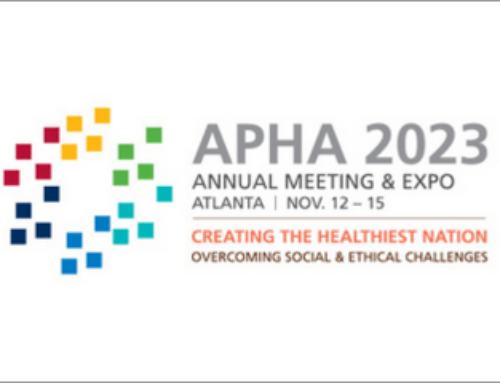The AASM continues to move forward with two federal initiatives: the Stark-Law Exception and Seniors Sleep 2014. These important initiatives will help identify Medicare patients with obstructive sleep apnea and provide them with coordinated care.
Stark Initiative
AASM Past Presidents, Alejandro D. Chediak, M.D., Lawrence Epstein, M.D. and AASM staff recently met with a number of federal legislators and their health policy staff to discuss our Stark initiative.
Legislators identified for these meetings either:
- Serve on a Committee that oversees CMS which include: the Senate Finance Committee; House Energy and Commerce Committee; or House Ways and Means Committee;
- A representative of Dr. Chediak (Florida), Dr. Epstein (Massachusetts), or the AASM National Office; or
- 3. A physician currently serving in Congress.
The current practice model of care for Medicare patients with obstructive sleep apnea is fragmented. The federal Stark Law prohibits sleep medicine physicians from providing therapeutic DME to Medicare patients for the treatment of OSA. Instead of receiving PAP equipment and personalized treatment support from their physician and medical team, patients have to interact with an outside DME company. This adds an unnecessary layer of complexity to the treatment plan for Medicare patients, who often are overburdened with medical needs and decisions.
The AASM’s proposal is to amend the Stark Law by establishing an exception that will allow board certified sleep medicine physicians to provide PAP therapy. The proposal would allow a sleep specialist to perform and interpret a sleep test, provide a diagnosis, and distribute the appropriate DME to Medicare patients for use in the treatment of OSA.
Seniors Sleep 2014 (Welcome to Medicare bill)
Over the last several years, lawmakers have made significant changes to the way that you deliver health care to seniors, without fully understanding the financial, intellectual and physical demands of your profession. To further educate lawmakers on sleep medicine and the challenges you encounter, the AASM has created the Seniors Sleep Pledge.
The Seniors Sleep Pledge will help you build relationships with legislators and strengthen the awareness of sleep medicine issues at the federal level. There are over 10 ways to get involved, including signing template letters to legislators and connecting with legislators through social media. Currently, members who pledge will help AASM pass Seniors Sleep 2014, a bill that would expand the “Welcome to Medicare” initial preventative visit to include sleep apnea screening. The bill will identify individuals with a high pre-test probability of OSA.
Through the Pledge, the AASM secured a Senator as a sponsor for Seniors Sleep 2014. We need your help to keep the momentum going. We request that you email Nina Pasha with the message “I pledge to Seniors Sleep” with your preferred contact information to policy@aasm.org.
The success of securing additional sponsors requires full support from AASM members through the Seniors Sleep Pledge. Seniors Sleep Pledge is a voluntary grassroots program connecting AASM members to their legislators. The goal of the pledge is to enlist the help of AASM members to educate legislators on sleep medicine issues and secure additional sponsors for the Seniors Sleep bill. Pledge opportunities include:
- Sign template letters to legislators
- Sign online petition to legislators
- Connect with legislators through social media
- Discuss sleep medicine issues with legislators at local and DC meetings
- Share your story on why Seniors Sleep is important
- Share your patients’ story on why Seniors Sleep is important
- Inform your patients on Seniors Sleep through patient handouts
- Call your legislator to tell them Seniors Sleep is important
- Attend a local fundraiser for your legislator
- Show your legislator your accredited center and what you do day-to-day
- Receive quarterly updates on the AASM’s progress with Seniors Sleep
- Participate in AASM PAC activities








